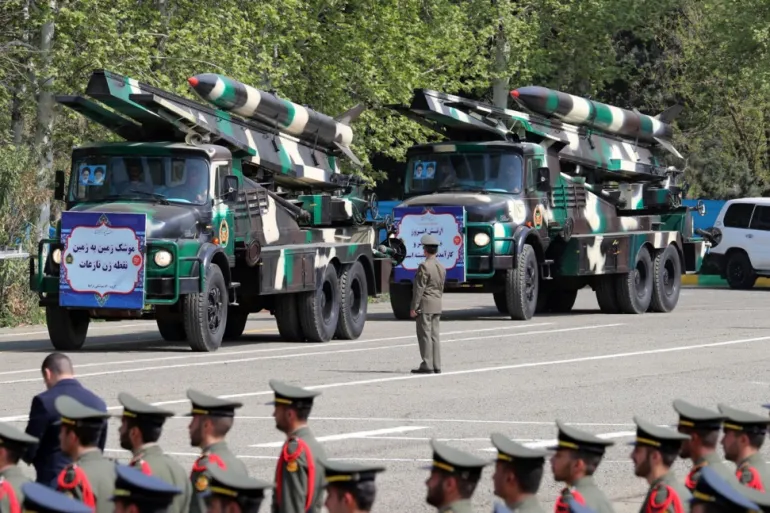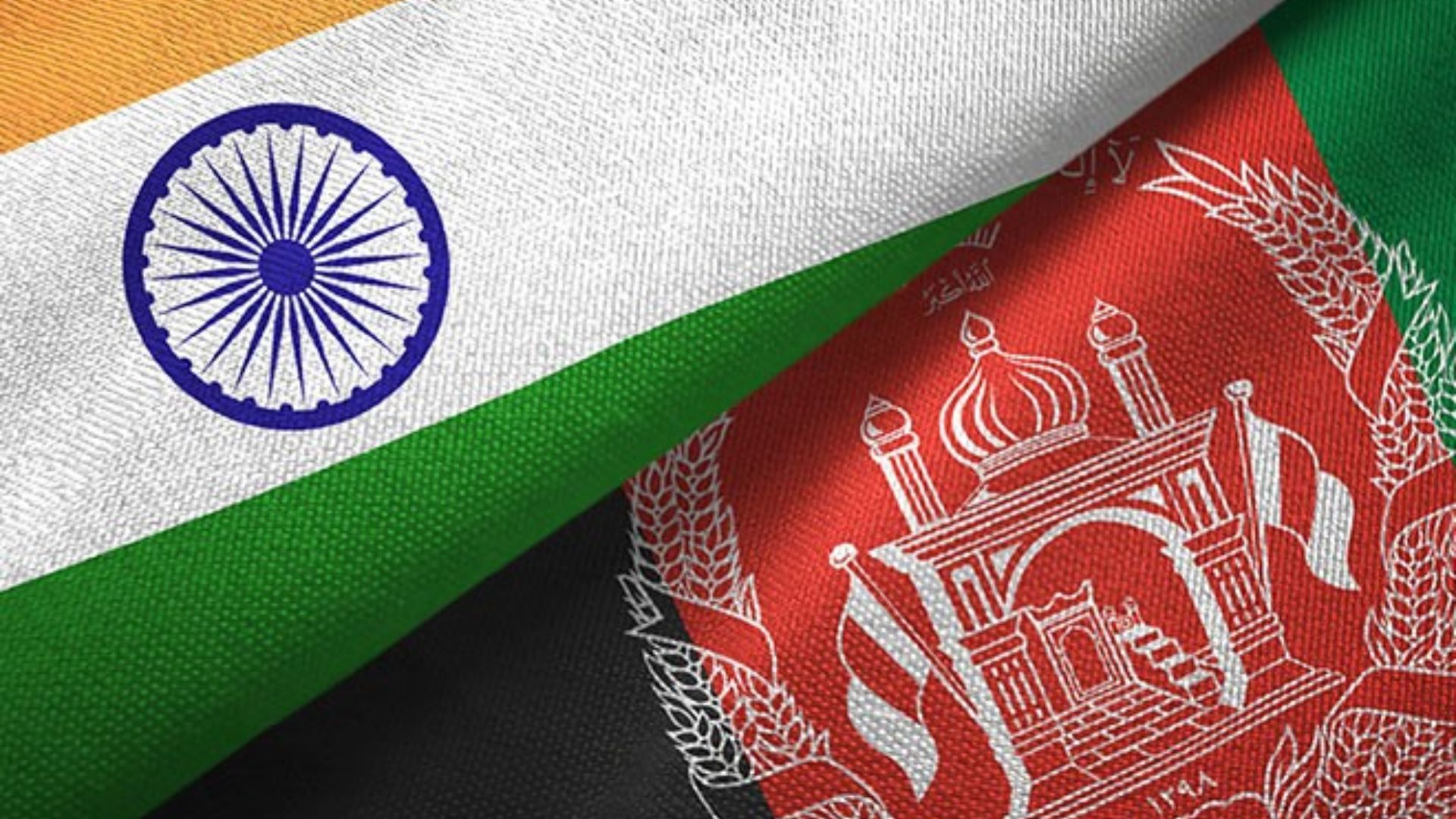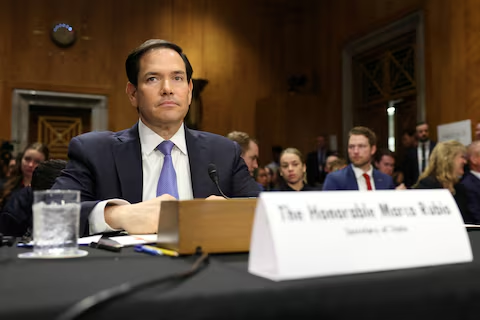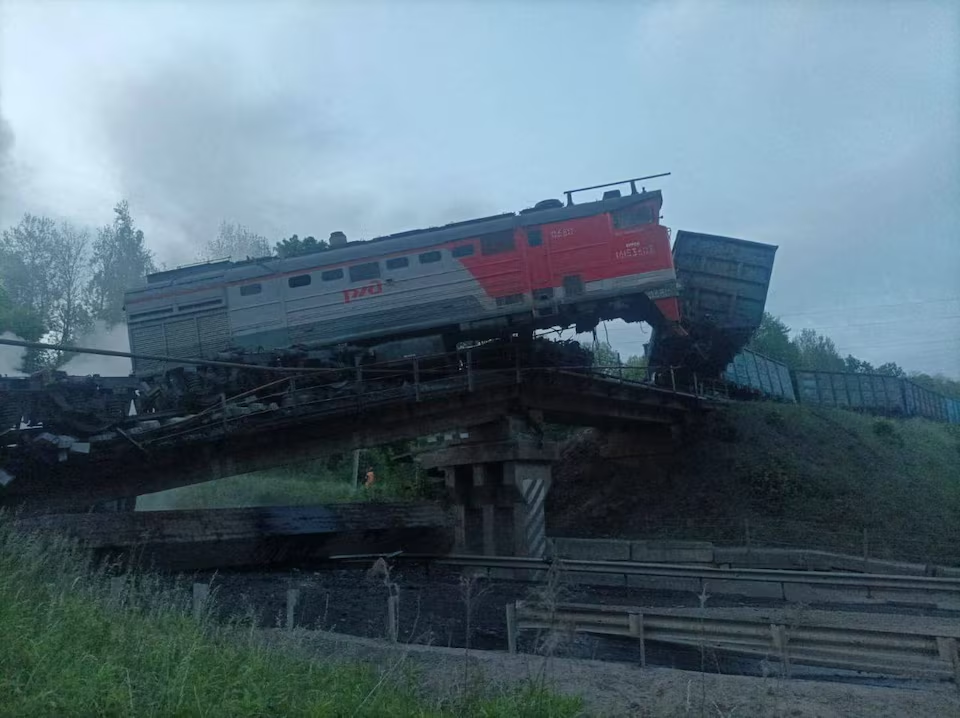Iran has issued a stern warning, declaring that it will hold the United States fully responsible for any Israeli military strike on its nuclear facilities. The statement, delivered by Foreign Ministry spokesperson Nasser Kanaani on May 22, 2025, comes amid mounting speculation that Israel is preparing for a preemptive attack on Iranian nuclear infrastructure.
Kanaani’s remarks follow recent reports that Israeli forces have been conducting military exercises in anticipation of a possible strike, and claims from U.S. intelligence sources suggesting that such a move may be imminent.
“If the Zionist regime takes any foolish action, it will be considered a U.S.-backed operation, and Washington will be accountable for its consequences,” Kanaani stated.
Growing Regional Tensions
The warning highlights intensifying friction between Iran, Israel, and the United States, particularly as diplomatic efforts to revive the 2015 nuclear agreement remain stalled. Iran insists its nuclear program is strictly peaceful, though it has continued uranium enrichment well beyond the limits of the original deal.
Israel, on the other hand, maintains that Iran is on the brink of acquiring the capability to develop nuclear weapons and has vowed to prevent that outcome by any means necessary — including military force if needed.
Kanaani also reaffirmed Iran’s “right to respond” to any aggression and warned of regional consequences if its sovereignty is violated.
U.S. Caught in the Middle
While the United States has not publicly endorsed any Israeli military action, its longstanding defense and intelligence cooperation with Israel has made it a central figure in the escalating standoff. Washington has urged restraint on all sides but has not condemned Israel’s preparations, which Tehran interprets as tacit support.
Kanaani’s statement appears aimed at deterring U.S. complicity, effectively warning the Biden administration that Iran will treat any Israeli aggression as a joint operation with Washington.
“The U.S. cannot hide behind the Israeli flag if war breaks out,” said a Tehran-based political analyst.
International Concerns Rise
The international community is increasingly alarmed by the possibility of a direct military confrontation between Iran and Israel, particularly one that could drag in the United States and ignite a broader conflict across the Middle East.
UN Secretary-General António Guterres has called for de-escalation and renewed diplomacy, urging all sides to avoid “irreversible steps that could spark a regional war.” Meanwhile, several European nations have appealed for restraint and the resumption of nuclear negotiations.
Iran’s Regional Leverage
Analysts warn that a strike on Iran’s nuclear sites would likely trigger retaliation by Iranian allies across the region, including Hezbollah in Lebanon, Shia militias in Iraq, and Houthi rebels in Yemen. These groups have previously acted in coordination with Iranian interests during regional escalations.
Iran’s armed forces also claim they are fully prepared to defend nuclear facilities and strike back with precision missile systems and asymmetric warfare tactics.
What to Watch
- Whether Israel proceeds with a preemptive military strike
- U.S. diplomatic response to Iran’s warning
- Signs of Iranian mobilization or military alerts
- Reactions from Gulf states and international oil markets
- Any revival efforts of the nuclear deal (JCPOA) framework
As the rhetoric sharpens and military maneuvers intensify, Iran’s message is clear: an Israeli strike will not be treated as an isolated incident — and any perceived U.S. involvement could set the stage for a wider, more dangerous conflict in the Middle East.
Source; Al Jazeera



